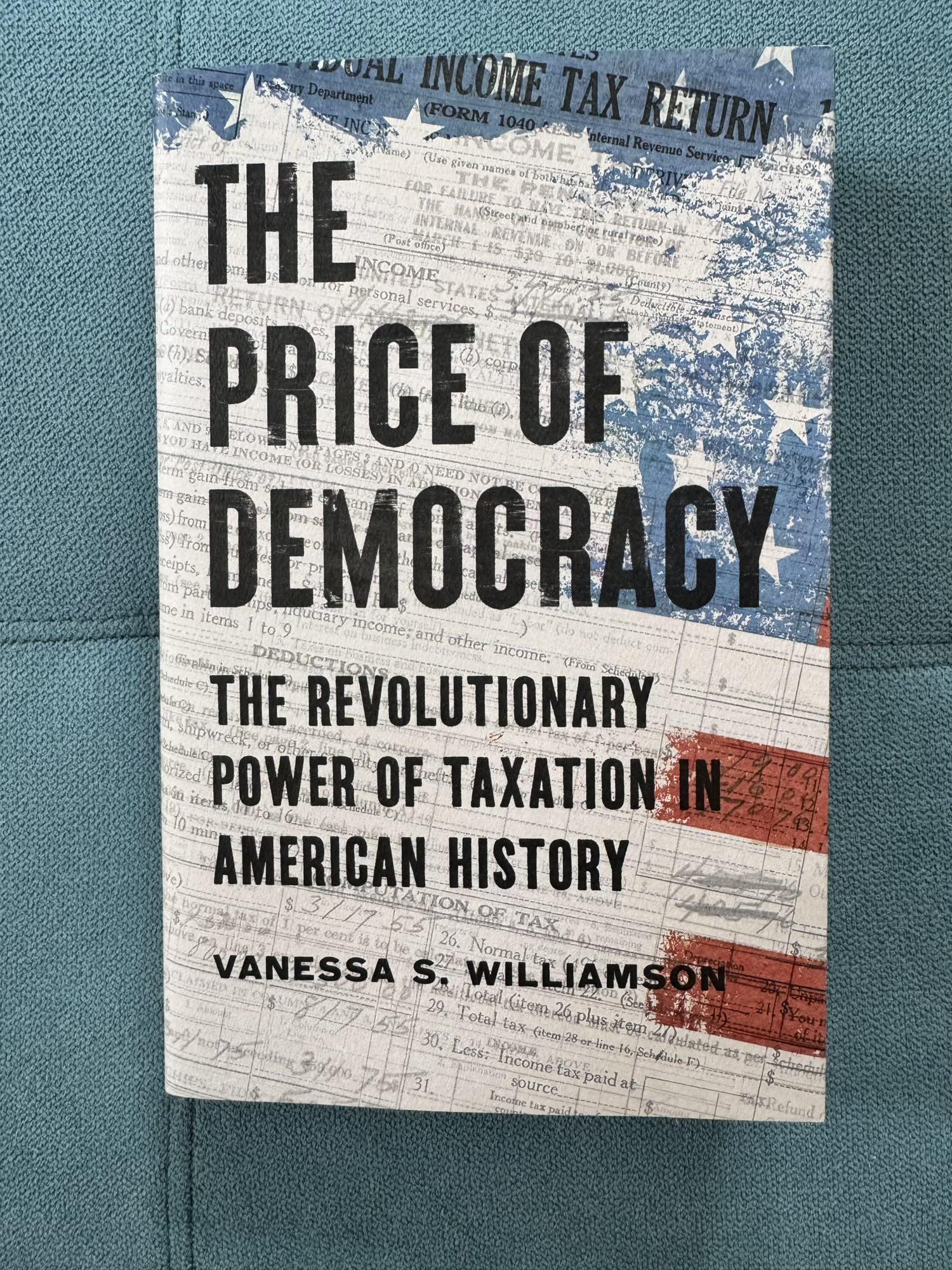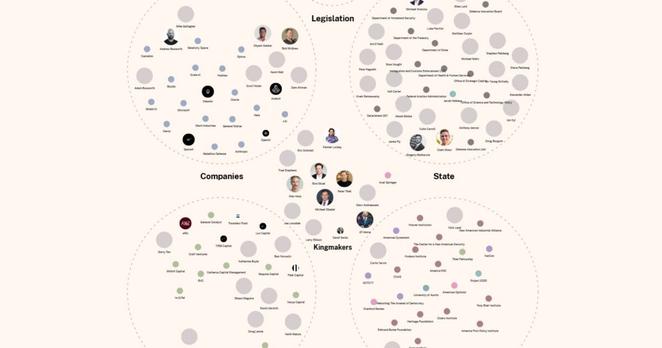2025-12-12 22:57:22
I feel a wee essay coming on on why #democracy and #liberalism are incompatible with one another.
I suspect it will irritate a lot of people, because, like the emperor's lack of clothes, this is not something we are supposed to notice.


